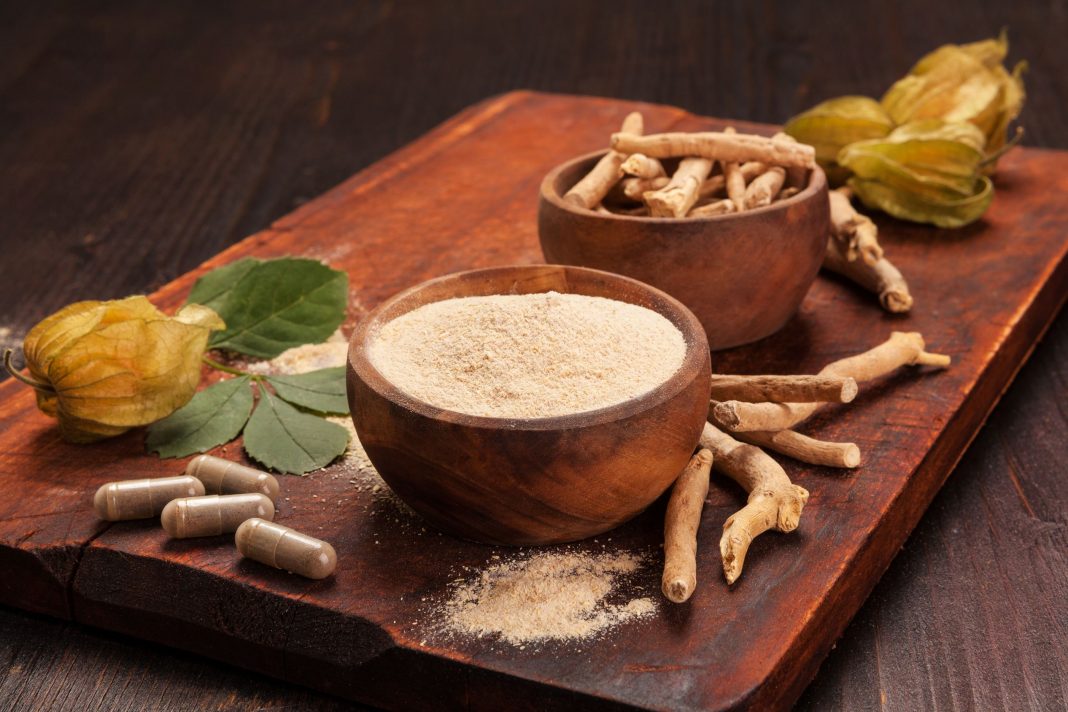Reading Time: 3 minutes
Adaptogens have been around for a long time. An adaptogen is usually a plant or herb that helps increase the body’s ability to adapt to and avoid damage from harmful factors. The Latin word for adaptogen is “adaptare,” which means to adjust or fit. The Greek word for “GEN” means produced by or generated by. So, an adaptogen generates the ability to adjust to stress.
Homeostasis is a steady state of the body’s equilibrium. Stress is something that threatens homeostasis in our body. You have different normal values that are generated by different mechanisms that control homeostasis, which is your internal ability to adapt to the environment—to keep things normal. But, when you have stress, it can push some of these factors out of balance. For example, when you’re stressed, cortisol goes up. In this situation, an adaptogen can help bring that back to normal. If your immune system is suppressed, adaptogens may even be able to help bring it back to a higher level.
The four best adaptogens:
- Siberian ginseng
- Panax ginseng
- Rhodiola
- Ashwagandha
All four are beneficial in their own right, however, Ashwagandha has been scientifically proven in recent years to bethe most power- filled adaptogen. Also known as Indian ginseng, winter cherry or by its scientific name Withania somnifera, ashwagandha is a herbal shrub whose roots and berries are used for their medicinal properties.
Here are a few science-backed benefits of ashwagandha:
Relieves Stress and Anxiety
Ashwagandha is perhaps best known for its stress-relieving properties. Several studies highlight this advantage, observing ashwagandha’s ability to decrease participants’ stress and anxiety levels significantly.
Ashwagandha has helped many people feel calmer and like they can cope with stress easier. Ashwagandha helps control the HPA axis, which is the communication between your hypothalamus, pituitary, and adrenals. These hormonal communications help the body adapt to a stress response. Once the communication is complete, the hormone is supposed to lower back down, but with chronic stress, cortisol never goes back down and is chronically elevated. Ashwagandha can help reduce these hormones. Cortisol isn’t a bad thing. It doesn’t cause stress—it’s adapting your body to a stress state. But, it’s not healthy to have your body in a state of chronic stress and chronically elevated cortisol.
One particular study indicated that ashwagandha can benefit sleep quality as well—researchers confirmed participants slept much better with doses of the herb compared to placebo doses.
Lowers Blood Sugar and Fat
A couple of small clinical studies found ashwagandha to be helpful in reducing blood glucose levels and triglycerides (the most common type of fat in the blood).
Improves Sexual Function in Women
At least one clinical study indicates ashwagandha can benefit women experiencing sexual dysfunction. The administration of ashwagandha resulted in significant improvements in arousal, lubrication, orgasm and satisfaction, as self-reported by the participants. It also significantly improved the number of successful sexual encounters and improved metrics of distress around their sex lives and sexuality.
Boosts Testosterone Levels in Men
Ashwagandha may also provide reproductive benefits increased testosterone in men.
Sharpens Focus and Memory
Seniors will benefit a lot from this facet of Ashwagandha. It may help improve cognition, memory and the ability to perform motor responses after instruction. Small studies have found that, compared to a placebo, ashwagandha significantly improved participants’ reaction times during cognition and psychomotor tests (which measure the ability to respond to instructions and perform an indicated action). Ashwagandha has be proven to significantly improved attention spans, as well as general memory.
Helps Heart Health
Ashwagandha can increase VO2 max levels, which is the maximum amount of oxygen you take in while physically exerting yourself.
Important notes on Ashwagandha
Risks and Side Effects
Ashwagandha is a safe and nontoxic plant, but there are a few factors to consider before adding it as a supplement to your well-being. The most obvious is to consult your doctor as it may affect other medication that you may be prescribed.
As with all other natural supplements, you could be susceptible to allergic reactions or it may not suit your physiology which leads up to the next point.
Experts say that bodies may not absorb all of a 300-milligram dose of ashwagandha, for example. Larger doses may even trigger unwanted side effects, such as vomiting and diarrhea. Instead, take smaller doses more frequently.
The Provenance And Method Of Taking Ashwagandha
Where did this ashwagandha come from? Always check the source of your herbs. Do your own research on each brand’s certifications, testing practices and product standards. You especially want to check for the presence of any heavy metals, including arsenic, cadmium, lead and mercury, in their products. Exposure to these metals can result in damage to the liver, kidneys, central nervous system, immune system and reproductive system.
Ashwagandha roots and berries can be consumed for their medical properties, I have also very successfully used the oil in Aromatherapy to help arthritis and promote relaxation; but typically, you find ashwagandha in supplement capsules or in tablet, powder, tincture and tea form.




